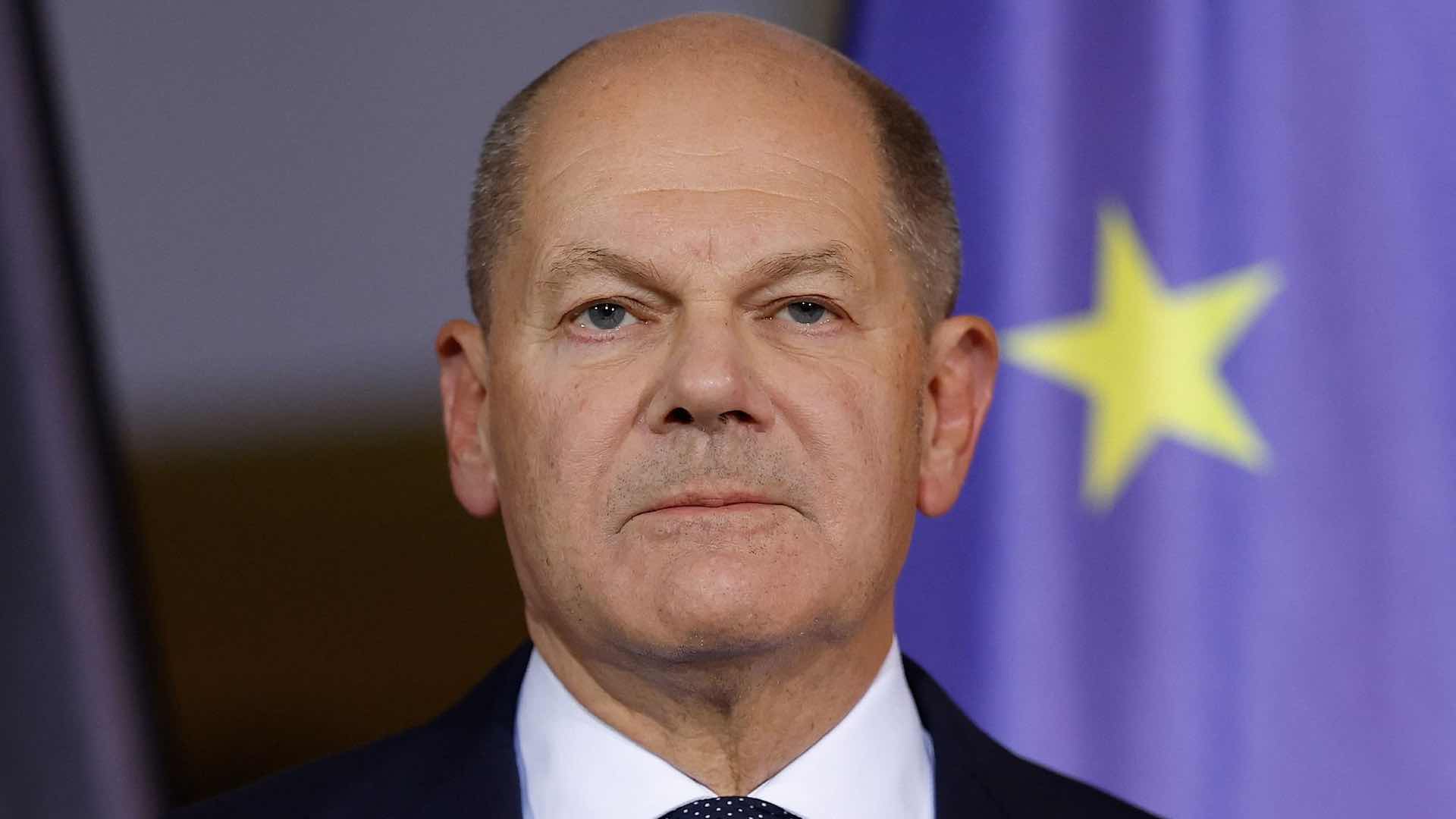MENA Newswire News Desk: German Chancellor Olaf Scholz has dismissed Finance Minister Christian Lindner and announced plans to call a confidence vote in the Bundestag on January 15. Scholz’s decision, disclosed on Wednesday, underscores rising tensions within the German government as it grapples with budgetary challenges and policy disagreements.

The Chancellor described the dismissal as a necessary move to safeguard Germany’s stability and prevent economic repercussions. Scholz’s statement suggested deep divisions over fiscal policy priorities, with particular concern for maintaining public confidence in the government’s ability to address pressing economic issues.
According to local media, including a report from Bild, Lindner had previously recommended that Germany hold early elections as a way to address the prolonged budget impasse. Scholz reportedly rejected this proposal, viewing the confidence vote as a more measured approach to affirming his government’s mandate. The situation highlights ongoing strain within the coalition government, as well as broader political challenges in balancing fiscal discipline with economic demands.
Lindner, a key figure from the Free Democratic Party (FDP), has been a prominent advocate for stricter budgetary control and fiscal restraint. His position often clashed with the Chancellor’s Social Democratic Party (SPD), particularly over issues related to public spending. The termination of Lindner’s role could signal a potential shift in the government’s fiscal strategy, especially as Scholz seeks to consolidate support amid economic pressures.
The impending confidence vote on January 15 will provide a critical test of Scholz’s leadership and the stability of Germany’s coalition government. A failure to secure enough votes could result in a government reshuffle or, potentially, even early elections if Scholz is unable to sustain majority support. This scenario would introduce further uncertainty, potentially impacting Germany’s economic outlook and European Union policy dynamics.
Observers in Berlin see the January confidence vote as a high-stakes measure, not only for Scholz’s administration but for Germany’s broader economic and political landscape. The decision has sparked discussions within German political circles regarding the viability of the current coalition, composed of the SPD, the FDP, and the Greens. Each party brings differing priorities to fiscal and economic policy, which has led to internal discord.
As Germany navigates this period of political and fiscal uncertainty, the European community will be closely monitoring developments. Germany’s policy direction plays a pivotal role in shaping EU economic strategies and stability, particularly amid challenges such as inflation, energy security, and post-pandemic recovery.
